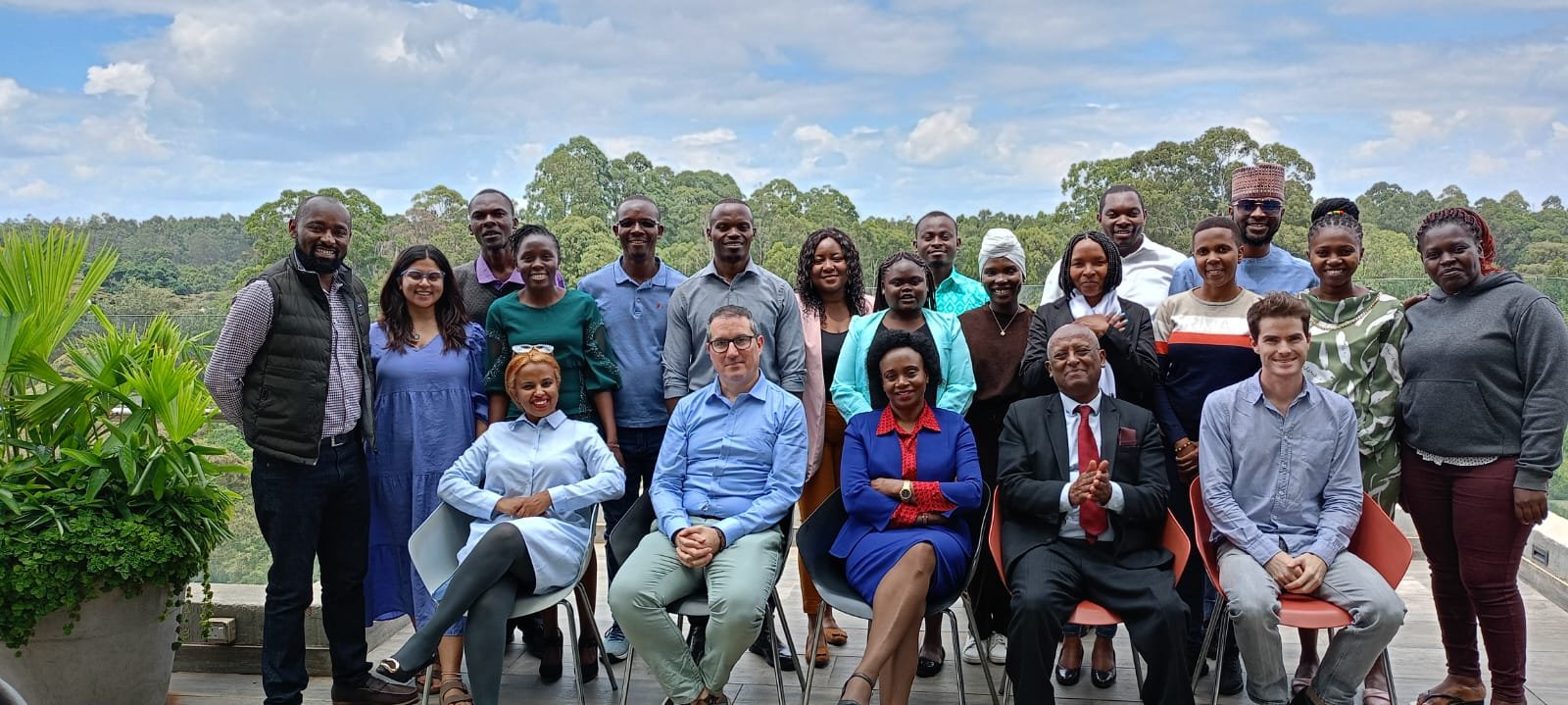Journalists from West and Eastern Africa gathered in Nairobi for a week-long training program focused on understanding the concept of the Circular Economy.

In a proactive effort to address pressing environmental challenges and foster sustainable development, journalists from West and Eastern Africa gathered in Nairobi for a week-long training program focused on understanding the concept of the Circular Economy.
The initiative, organized by Africa 21.org in collaboration with UNCTAD, UNESCO, ALN Centre, and other partners, aimed to equip science journalists with the knowledge and understanding of circularity as a pivotal approach in waste management, recycling, and sustainable economic empowerment.
The Circular Economy, an innovative framework emphasizing the importance of minimizing waste and maximizing resource utilization, plays a crucial role in mitigating plastic pollution and advancing sustainable development goals. The training session sought to empower journalists to become advocates for this transformative approach, recognizing their pivotal role in creating public awareness.
Julien Chombolle, Secretary General of Africa 21, highlighted the significance of journalists in sensitizing the public about the Circular Economy in Africa.
He noted that effective communication is essential for the transition from a linear to a circular economy and emphasized the need to bridge this communication gap. Chombolle expressed Africa 21’s commitment to addressing this challenge by initiating training programs for science journalists in Eastern and Western Africa.
“One of the biggest challenges in the transition from linear to circular economy in the African continent is communication, and that is why Africa 21 has taken the initiative to train Science Journalists in Eastern and Western Africa,” said Chombolle.
Chombolle acknowledged the educational and civic role of journalists, emphasizing their ability to showcase positive examples, initiatives, entrepreneurs, and ideas that can transform African societies. He underscored the importance of encouraging young people to actively participate in shaping their lives by highlighting the myriad opportunities present in the green economy, especially in the circular economy.
The training program delved into the various aspects of circularity, including upstream design, maintenance, re-use, and transformation, with the goal of minimizing or eliminating waste abandoned in nature. Participants were provided with insights from experts representing diverse sectors of the economy, offering a comprehensive understanding of circularity and its relevance across industries.
Addressing the current status of the circular economy in Africa, Chombolle noted that the continent is in the early stages of embracing this transformative model compared to other continents. However, he emphasized Africa’s advantage of not being burdened by old production habits, highlighting the opportunity to adopt the right principles and expedite the adoption of circular processes.
While acknowledging challenges, Chombolle expressed optimism in Africa’s relatively young population being receptive to new messages and lifestyle habits, provided that public authorities play their part. He stressed the importance of collective efforts in creating awareness and fostering a proactive approach to initiatives within the circular economy.
Looking ahead, Chombolle revealed Africa 21’s commitment to expanding journalist training initiatives in 2024. The organization plans to train journalists across Africa, enabling them to grasp the complexities of the circular economy, acquire new knowledge, develop expertise, and access reliable sources for their work.
Despite the progress, Africa 21 faces challenges in mobilizing partners to pool diverse expertise, gain access to field case studies, and secure resources for training and expertise development. The organization aims to overcome these hurdles by bringing together local and international experts with journalists, creating a collaborative platform that recognizes the interconnected nature of environmental issues.
Chombolle disclosed Africa 21’s commitment to providing platforms for journalists, offering opportunities to participate in international events focused on the circular economy. This strategic approach aims to enhance journalists’ experiences and networks, further amplifying their impact as drivers of awareness and change in Africa’s journey towards a sustainable and circular future.